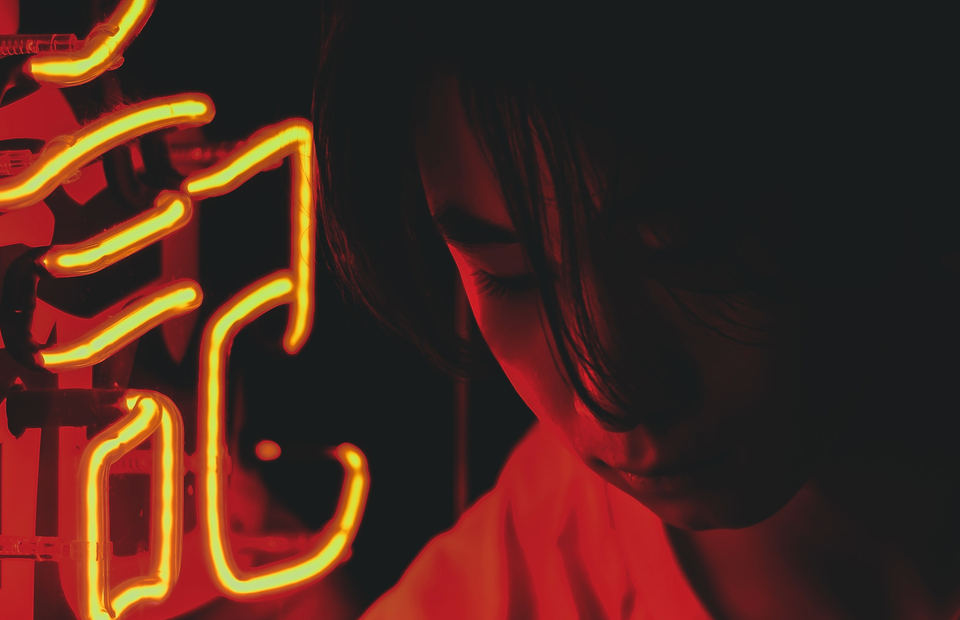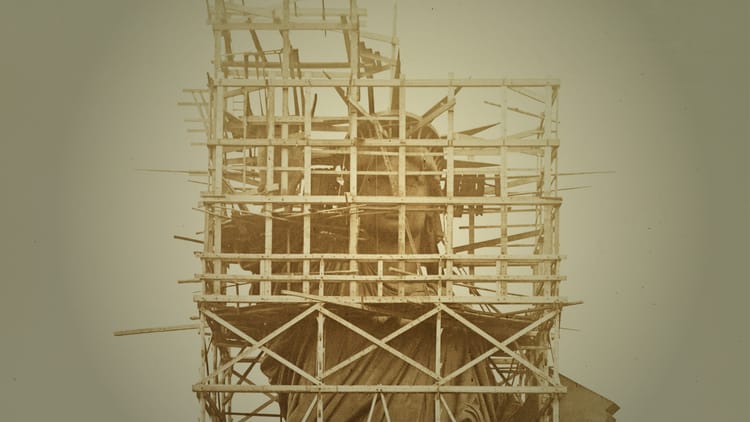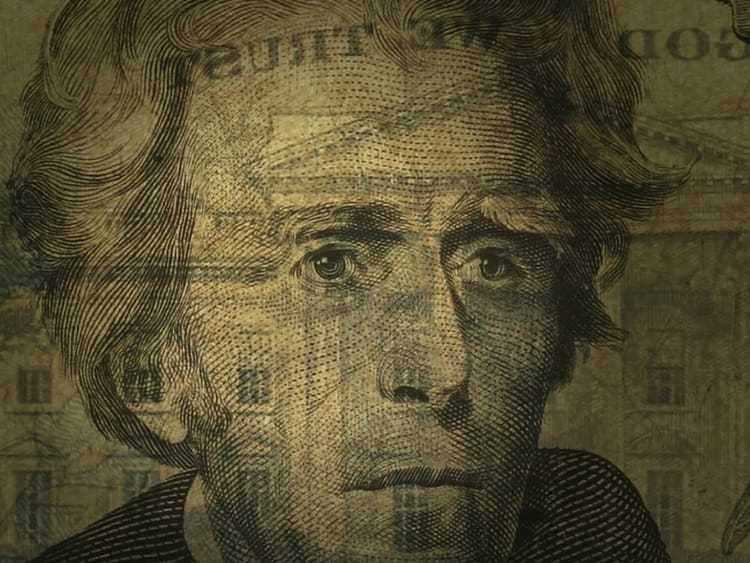Chinese idols

Over the past few months, an expanding program of repression by the Chinese government has, according to The Washington Post, “spared almost no sector.” In recent weeks, Beijing announced a series of measures intended to shape youth culture in China according to what the state considers healthy and moral, even by banning the publication of lists ranking celebrities by popularity, regulating the “chaos” of celebrity fan clubs, and prohibiting minors from playing online video games outside of three specific hours most weeks. The social-media platform Weibo suspended 21 K-pop fan accounts over what it called “irrational star-chasing behavior.” The government also banned “sissy men and other abnormal aesthetics” on television in an effort to enforce traditional gender norms. What’s going on?
Ian Johnson is a senior fellow for China studies at the Council on Foreign Relations. Johnson says the Chinese government’s actions illustrate the Communist Party’s growing willingness under President Xi Jinping to enforce a narrow view of traditional Chinese culture and micromanage the personal lives of the Chinese people. Johnson sees Xi’s aggressiveness on these issues as a departure from the Communist Party norm in the decades since the Cultural Revolution ended in the late 1970s, which granted citizens a fair amount of autonomy in their private lives so long as they didn’t agitate against the party politically.
It now sees pushing for traditionalism as a means of legitimizing itself with the Chinese people, and the fan frenzy around certain entertainers may be threatening that effort by normalizing non-traditional identities, even in subtle ways, in the minds of young people. With online gaming, there may be a legitimate concern about younger people spending too much time on their screens—and the challenge that poses to preserving traditional Chinese culture—but the government’s restrictions are a “typically heavy-handed” solution that may end up being largely ignored. While these cultural crackdowns will likely be effective to a meaningful extent, Johnson says, there’s a long history of Chinese people successfully skirting the government’s policies and disobeying its pronouncements over time: “There’s this cliche in China that the government has its policies and the grassroots has its resistance” …
Graham Vyse: What is fan culture like in China today? How would you describe the phenomenon the government is going after?
Ian Johnson: There’s a huge interest in popular culture in China, especially in K-pop—Korean pop music groups. That’s led to many fan clubs, so there’s a pretty vibrant scene among young Chinese people.





